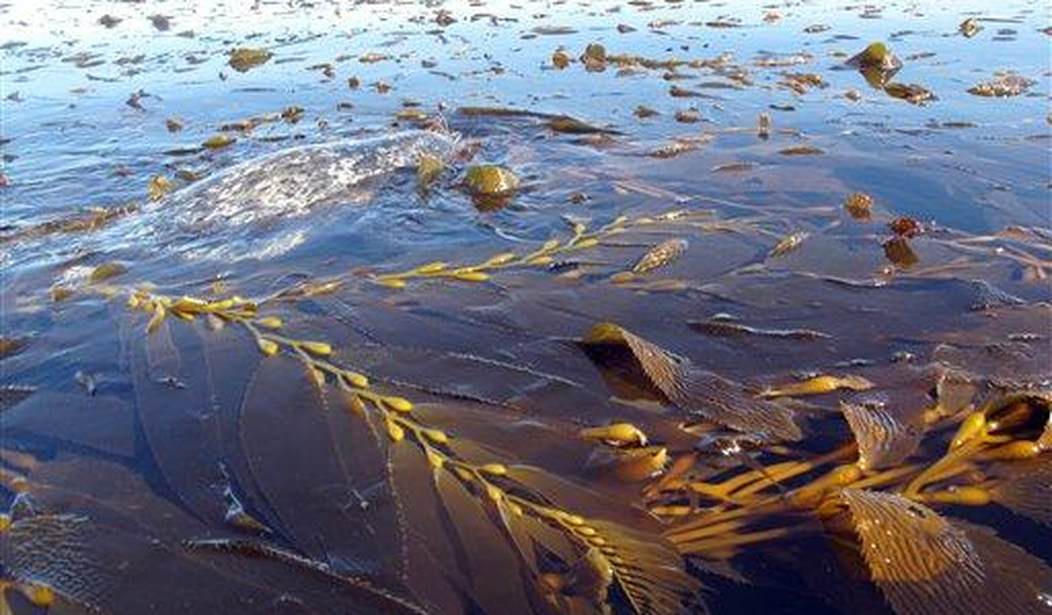I saw some people making fun of this earlier on Twitter and while I can see why, I think the actual message of this little story isn’t so bad. All you need to know here is that the NY Times has a vertical called “Modern Love” which includes a bunch of these little personal essays about love, romance, parenthood, etc. It has been around for a while and recently it has expanded to other formats.
For 15 years, Modern Love has brought personal essays about love, loss and redemption to readers of The New York Times. Four years ago, it became a podcast. And now the column has inspired an eight-episode series on Amazon Prime Video.
Anyway, today’s essay is a woman’s personal account about how she had a complete freakout at her boyfriend over the kerosene lamp he used on his sailboat. One night he bumped his head on the lamp and spilled some of the fuel and she suggested maybe it was time to get an LED lamp instead. He said no.
“I love this lamp,” he said, leaning over me with a match to relight the wick…
“I don’t care about the carbon footprint of one measly lantern,” he said. “I like it and I’m not going to get rid of it.”
Despite admitting to herself that the lamp was sort of romantic and much nicer than any LED lamp, the author became irritated that her boyfriend would insist on burning kerosene. She’d recently read a book which identified kerosene as the dirtiest fossil fuel, the burning of which caused all sorts of health problems for people in confined spaces.
At that point, I uttered some sweeping generalization about privileged men and their lack of empathy, which made him furious that I was turning this into a judgment on his character, and that I had become worked up over nothing.
I tried to explain in six different ways why this was important to me and why the impending collapse of the natural world should be explanation enough for why I was upset, but I was doing it with rage in my voice and it was coming out all wrong.
Not good enough, Doug! Why do you want to kill the planet, Doug!
Okay, she didn’t actually say those things but she did get into an hour-long argument with her boyfriend over the lamp, accusing him of being apathetic about the environment even though he’s a researcher/diver monitoring the growth of kelp forests. He sounds as green as the Hulk but someone she’s suddenly furious that he’s destroying the planet with his lamp.
At some point in this ridiculous harangue, Doug remembered that the fuel for the lamp wasn’t even kerosene. After pushing back the couch he pulled out the can which read “Paraffin Lamp Oil.” It turns out paraffin lamp oil is a purified oil that burns cleanly and usually has no odor, making it safer for indoor use. In other words, the whole debate about dirty kerosene had been a complete waste because the lamp wasn’t burning kerosene. And that, gentlemen, is how to win an argument.
The whole thing is pretty embarrassing (even her recounting of it is a little embarrassing to read) but at least the author knew it. She apologized the next morning and spends that last bit of the article talking about another trip on the boat six months later where Doug taught her about his love for the ocean. How to spearfish. How to swim with manta rays, etc. And this leads her to the big conclusion:
Efforts to preserve our planet are so often fueled by fury and fear, but they can also be fueled by hope. The simple, joyful life that Doug introduced me to at sea — powered by wind, sun and ocean currents — gave me hope, and it reminded me that there’s a better way to fight.
Look, I have no personal interest in living at sea. Shooting dinner with a spearfish every night sounds exhausting. But her bigger point seems like something worth considering. If I were to paraphrase it (and make it a bit blunter) I think she’s suggesting that environmentalists frequently come off as screechy lunatics looking for a fight. That is not appealing to most people and doesn’t win over anyone except other people who also want to act like screechy lunatics looking for a fight. And, voila, you get Extinction Rebelliion.
On the other hand, people who have a deep and genuine love for nature and a desire to share that with others are appealing and a lot more interesting to talk to. In sum, the former approach is something that none of us need more of these days while the latter one is something most people can respect even if they don’t necessarily feel the same way or don’t feel it to the same degree. If you want to persuade people, start by being real about your actual life and not just a shouter of other people’s talking points.








Join the conversation as a VIP Member